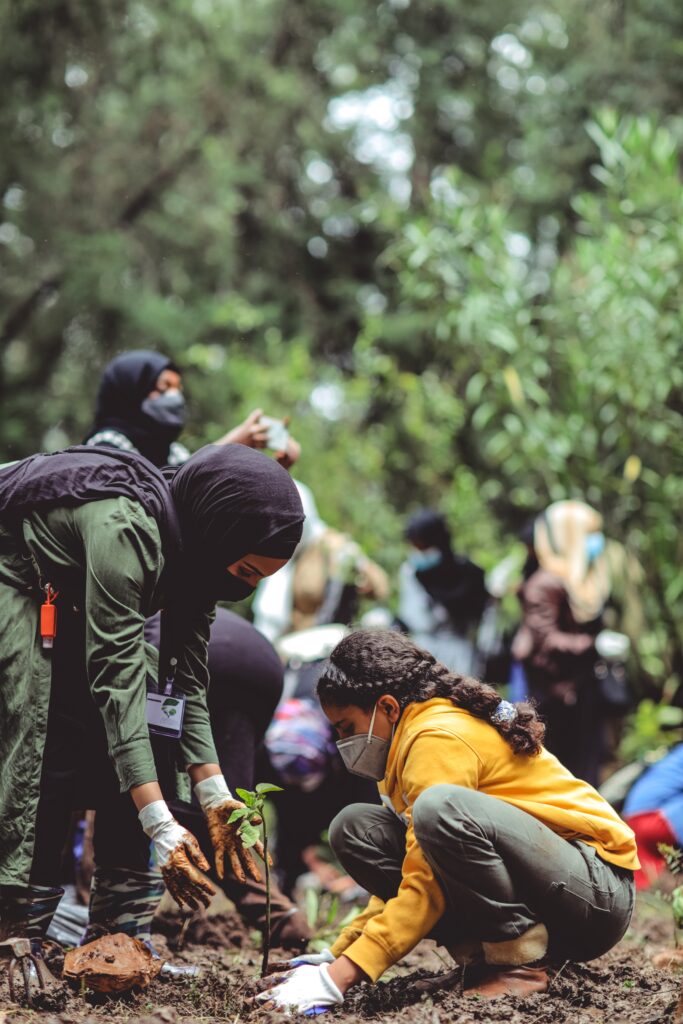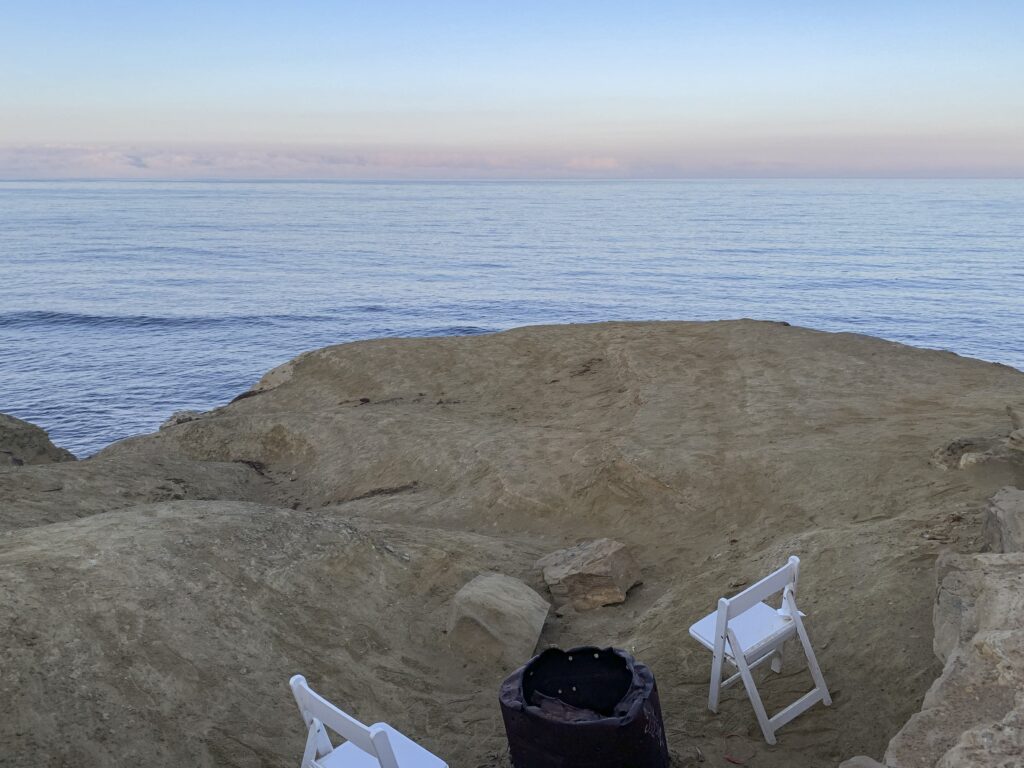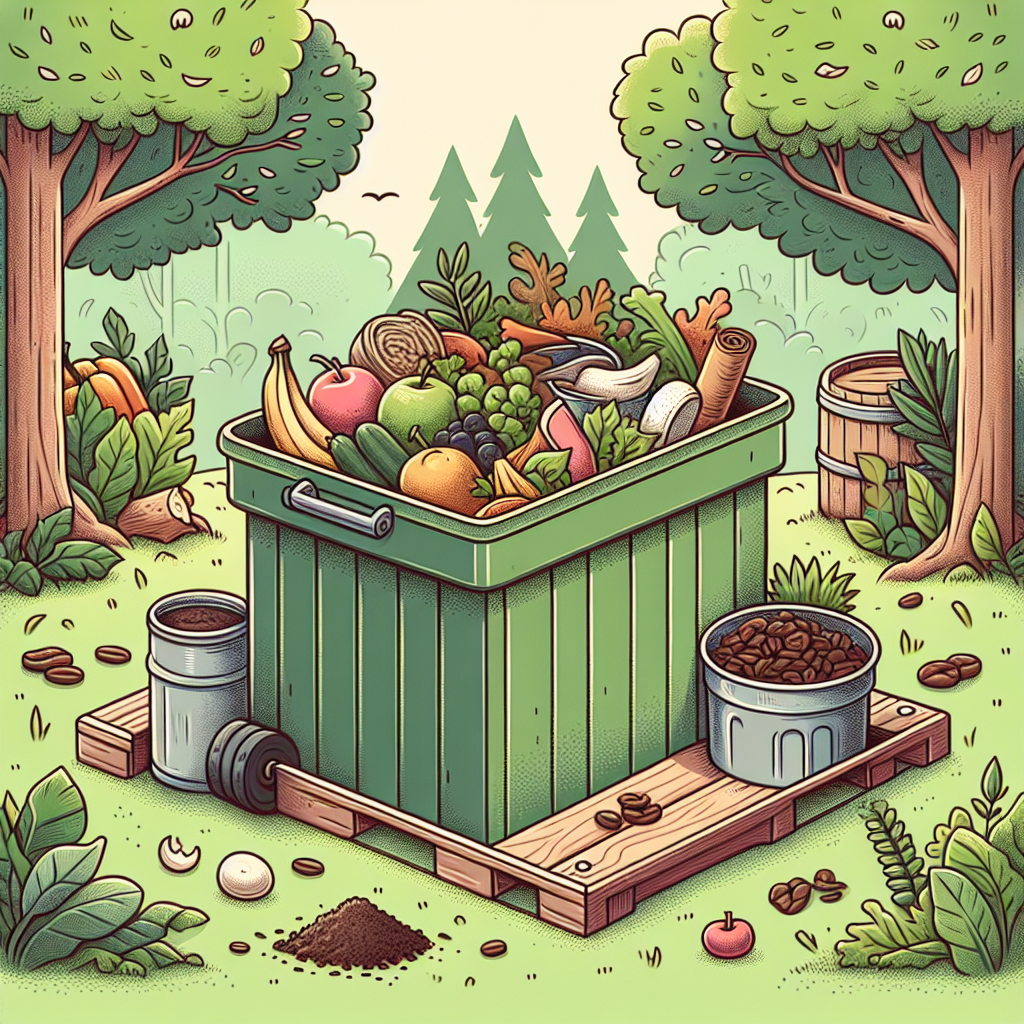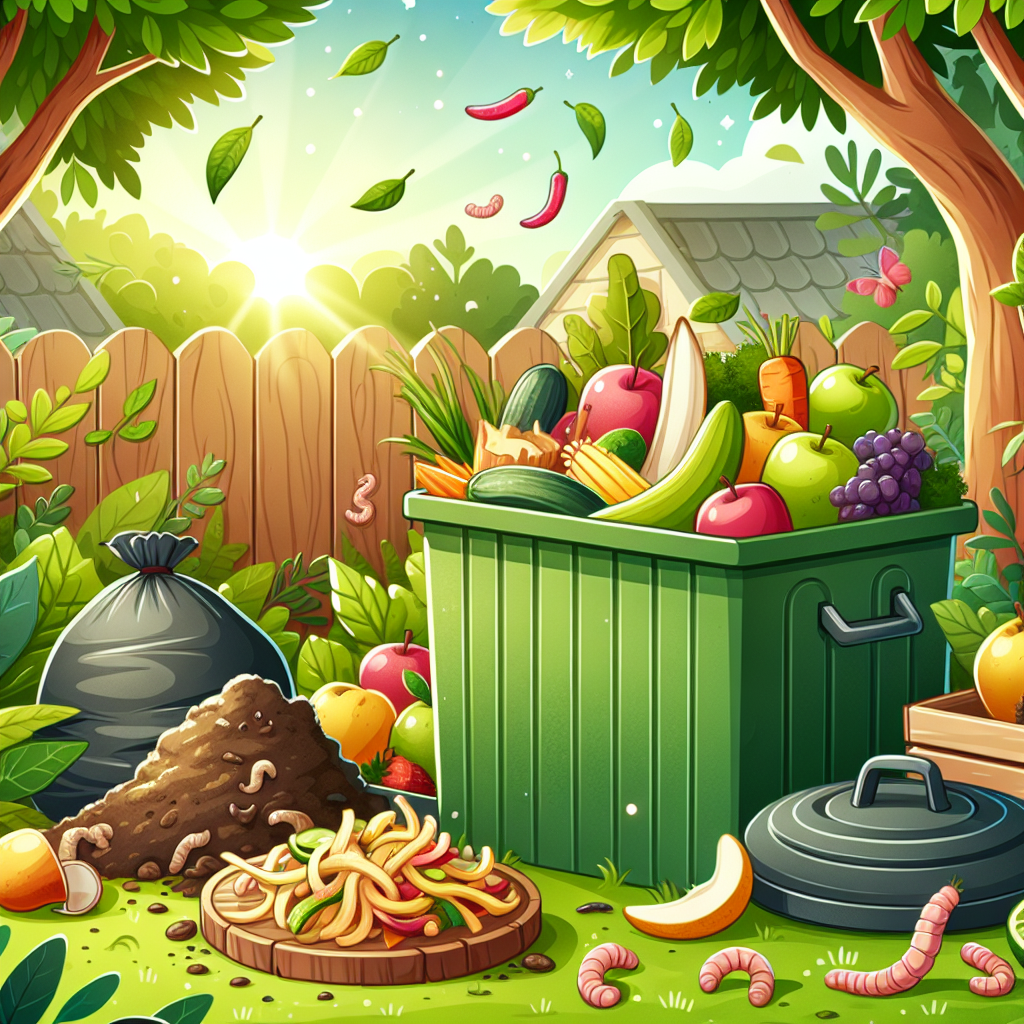Alright, let’s talk composting! Ever wondered what exactly can be tossed into your compost bin to create nutrient-rich soil? Well, wonder no more! In this article, we’ll explore a comprehensive list of items that you can happily add to your compost pile – from fruit and vegetable scraps to coffee grounds and eggshells. Get ready to turn your kitchen waste into an eco-friendly garden booster!

This image is property of images.unsplash.com.
Food Scraps
Composting your food scraps is not only beneficial for the environment but also a great way to reduce waste and create nutrient-rich soil for your garden. There are several types of food scraps that you can compost:
Fruits and vegetables
Any fruit or vegetable scraps can be composted. This includes peels, cores, seeds, and any other parts that you don’t consume. Just make sure to remove any stickers or labels before composting.
Coffee grounds and filters
Coffee grounds are a fantastic addition to your compost pile. They are rich in nitrogen, which helps break down organic matter and provide essential nutrients to your plants. Don’t forget to add the coffee filters as well, as long as they are made of paper.
Eggshells
Eggshells are another great addition to your compost bin. They add calcium to the soil, which is beneficial for plants. Crush the eggshells before adding them to the compost pile to help them break down faster.
Tea bags
Used tea bags can be composted as long as they are made of paper or other biodegradable materials. Avoid tea bags that contain staples or are made of plastic.
Bread
Bread and other baked goods can be composted, but it’s important to avoid adding too much. Bread can attract pests and rodents if not properly balanced with other compost materials.
Grains
Cooked or uncooked grains, such as rice or pasta, can be composted. They provide a good source of carbon and help create a well-balanced compost pile.
Nuts and shells
Nuts and their shells can be composted. However, keep in mind that shells take longer to break down, so it’s best to crush them before adding them to the compost pile.
Pasta
Leftover pasta or cooked pasta can also be composted. Like grains, pasta provides carbon and helps maintain a balanced compost pile.
Rice
Whether cooked or uncooked, rice is an excellent addition to your compost pile. Like pasta, it contributes carbon and helps break down organic matter.
Meat and fish (in moderation)
While it’s generally recommended to avoid composting meat and fish due to the risk of attracting pests, these food scraps can be composted in moderation. Make sure to bury them deep within the compost pile and cover them with other organic matter to reduce any potential odors.
Yard Waste
In addition to food scraps, you can also compost various types of yard waste. Here are some examples:
Grass clippings
Grass clippings are an excellent source of nitrogen for your compost pile. However, it’s important to mix them with other compost materials to avoid clumping.
Leaves
Leaves are a valuable addition to your compost pile. They provide carbon and help create a balanced mixture. Shred the leaves before adding them to the compost bin to speed up the decomposition process.
Weeds
Weeds that haven’t gone to seed can be composted. However, be cautious as certain types of persistent weeds might not be fully eradicated during the composting process.
Prunings and trimmings
Any prunings or trimmings from your garden can be composted. Make sure to chop them into smaller pieces to promote faster decomposition.
Plant-based yard waste
Any plant-based yard waste, such as dead flowers or vegetables from your garden, can be composted. Just avoid adding any diseased or pest-infested plants to your compost pile.
Hay and straw
Hay and straw can be a great addition to your compost pile. They provide carbon and help maintain moisture levels. However, avoid using hay or straw that has been treated with herbicides.
Paper Products
Recycling paper products is a common practice, but did you know that some paper products can also be composted? Here are a few examples:
Shredded newspaper
Shredded newspaper can be composted as long as it’s printed with soy-based ink. It offers a good source of carbon and helps create a well-balanced compost pile.
Cardboard
Cardboard can be composted, but it’s important to remove any plastic or tape before adding it to the pile. Shred or tear the cardboard into smaller pieces to speed up the decomposition process.
Paper towels and napkins
Used paper towels and napkins can be composted as long as they are not heavily soiled with chemicals or oils.
Paper plates and cups
Paper plates and cups can also be composted. However, avoid using ones that are coated with plastic or wax.
Paper tea bags (without staples)
If your tea bags are made of paper and free from staples or other non-compostable materials, you can add them to your compost pile.
Wood Products
If you have any wood waste, don’t let it go to waste. Here are some examples of wood products that can be composted:
Sawdust
Sawdust is a great addition to your compost pile. However, make sure it’s not from treated or chemically processed wood.
Wood chips
Wood chips can be composted, but they take longer to break down compared to other materials. It’s recommended to mix them with other compost materials.
Chopped branches
Chopped branches can be composted, but they might take longer to decompose. If possible, cut them into smaller pieces to speed up the process.
Twigs and small branches
Twigs and small branches can be composted. Break them into smaller pieces to aid in decomposition and create a well-balanced compost pile.

This image is property of images.unsplash.com.
Manure
Manure is an excellent addition to your compost bin, as it provides valuable nutrients to your plants. Here are some types of manure that can be composted:
Horse manure
Horse manure is a fantastic addition to your compost pile. It’s high in nitrogen and helps heat up the compost, accelerating the decomposition process.
Chicken manure
Chicken manure is rich in nitrogen and phosphorus, making it a valuable fertilizer for your compost pile. However, make sure to age it properly or mix it with other compost materials to avoid burning your plants.
Rabbit manure
Rabbit manure is known as one of the best manures for composting. It’s high in nitrogen and helps create nutrient-rich soil.
Dry Leaves
Dry leaves are an abundant resource for composting. They provide a good source of carbon and help create a well-balanced compost pile. Shred the leaves before adding them to the compost bin to speed up decomposition.

This image is property of images.unsplash.com.
Straw and Hay
Straw and hay can be an excellent addition to your compost pile. They provide carbon and help maintain moisture levels. Avoid using straw or hay that has been treated with herbicides.
Coffee Grounds
Coffee grounds are a valuable addition to your compost pile. They are rich in nitrogen and help break down organic matter. Spread them evenly throughout the pile to ensure proper decomposition.

Tea Bags
Compostable tea bags can be added to your compost bin. Make sure they are made of paper or other biodegradable materials and do not contain staples or plastic components. Avoid composting tea bags with high levels of artificial additives.
Eggshells
Crushed eggshells are an excellent source of calcium for your compost pile. They help balance the pH level and provide necessary nutrients for your plants. Make sure to crush them into small pieces to facilitate decomposition.
Composting is a simple and effective way to reduce waste and create nutrient-rich soil for your garden. By composting food scraps, yard waste, paper products, wood waste, manure, and other organic materials, you can contribute to a healthier environment while providing your plants with essential nutrients. Remember to maintain a good balance of carbon-rich materials (such as dry leaves or cardboard) and nitrogen-rich materials (such as food scraps or grass clippings) to ensure successful composting. Happy composting!

